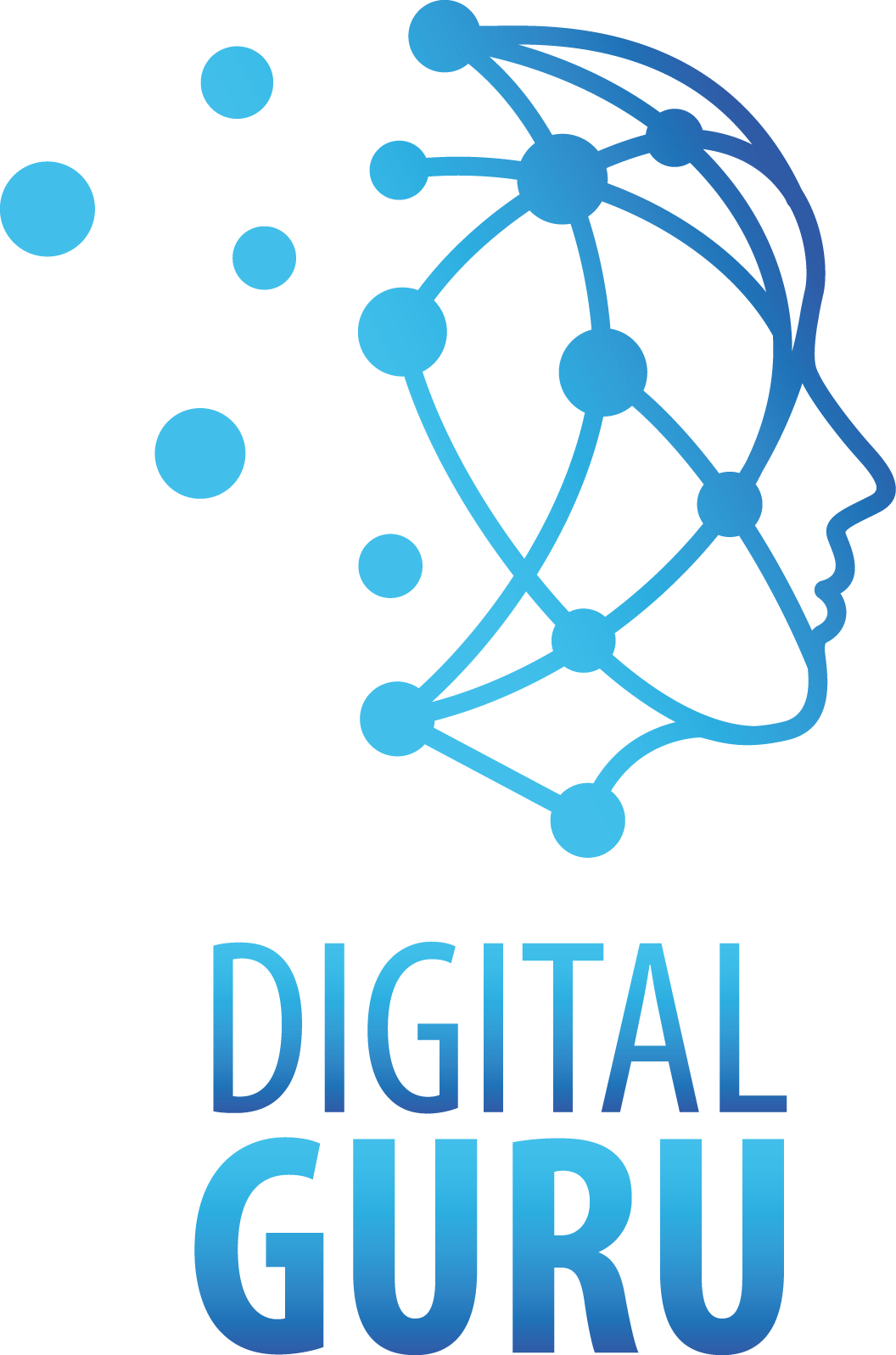About DIGITAL GURU
Background
According to the European Skills, Qualifications and Occupations (ESCO), there are a series of group works considered as "Elementary Occupations" (EO).
Occupations in the major group of Elementary Occupation are classified into the following sub-major groups:
91 - Cleaners and Helpers
92 - Agricultural, Forestry and Fishery Labourers
93 - Labourers in Mining, Construction, Manufacturing and Transport
94 - Food Preparation Assistants
95 - Street and Related Sales and Services Workers
96 - Refuse Workers and Other Elementary Workers
While EO's relevant areas of work are increasing its demand, with a growth of 8% in 10 years that is expected to continue, most of EU countries is reporting a surplus of workers in EO. It is expected that between 2015 and 2025 around 11.8 million EO job openings will appear on the EU, especially due to retirement (CEDEFOP, 2018).
However, most of EO workers hold low or medium level qualifications; one of the main issues in EO is the increasing impact of certain skills in the future of the occupations. Digital GURU consortium has studied the context of workers in elementary occupations and their needs, reaching the conclusion that there is a need to provide companies with learning resources on digital literacy, giving their workers the opportunity not only to become competitive in their concrete everyday work but also to improve their employability and be able to access new, higher job positions.

Aims
The DIGITAL GURU project aims to:
- Improve the conditions of effective workplace learning, including voluntary engagement, extensive contact, study time, and sustained formal and informal opportunities for acquiring and improving skills
- Improve digital and literacy skills of low-qualified adults
- Extend the supply of high-quality learning opportunities tailored to the needs of low-qualified adults to enhance their literacy and digital competences
- Progress towards higher qualifications
- Attract adults who would not participate in other forms of learning
- Improve job satisfaction on low-qualified positions
- Reach people who are not normally involved in continuous education or training
- Promote Education and Culture in Lifelong Learning to raise shared values, especially at the European Year of Culture Heritage
Target Groups
Direct target groups: SMEs, Employers and HR Managers
who usually offer training to workers in Elementary Occupations. This target group will receive training on how to provide digital skills to low-qualified adults working on EOs (according to ESCO division).
Indirect target groups: Employees with low levels of digital knowledge and skills, Stakeholders in the field of Employment and VET / Organisations related to the Elementary Occupation sectors.

Innovation
The DIGITAL GURU project:
- Introduces an innovative learning path i.e. Digital Classroom Labs and an Online Environment for employers and HR managers; providing them with tools to train their workers in Elementary Occupations (EO) in digital literacy.
- Suggests the use of a toolkit as a method to help workers in Elementary Occupations increase their professional and personal development.
- Aims to contribute to the shaping of potential trainers seeking for new opportunities in Elementary Occupations, helping them to become providers of training in digital literacy, to workers who would not acquire these new skills differently.
